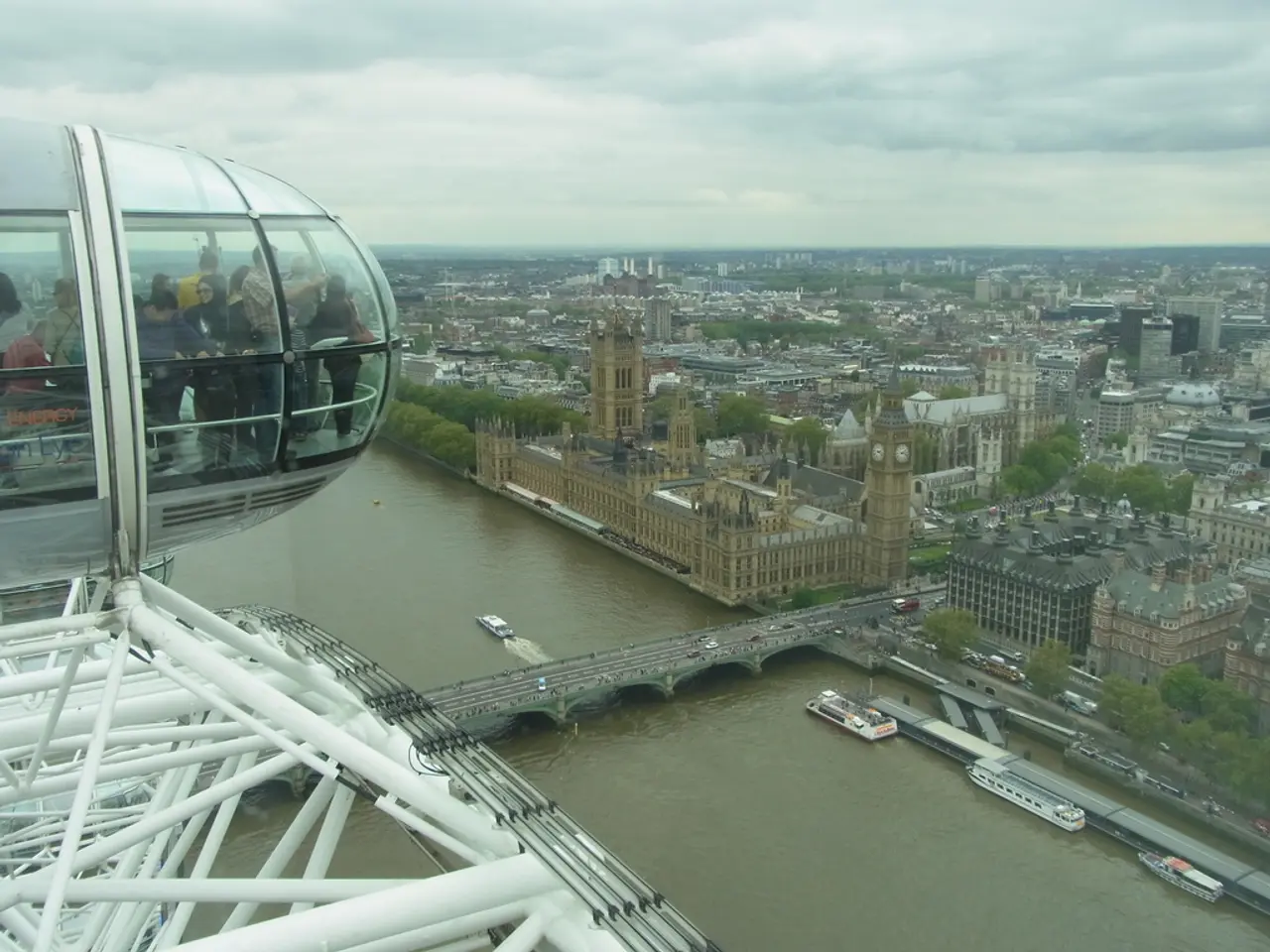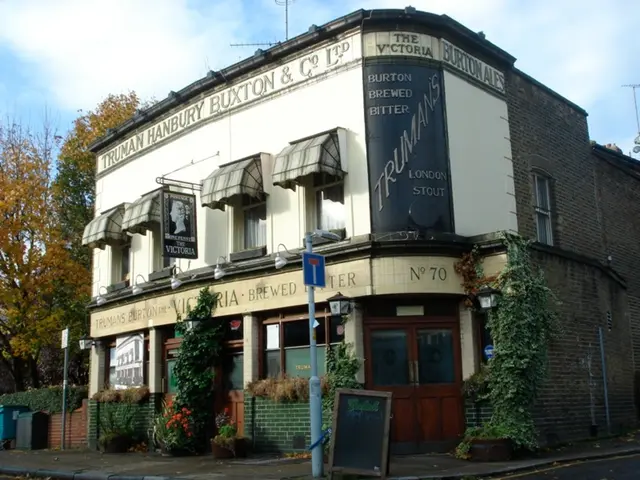Trump's arrival in the UK coincides with an unfavorable moment for Starmer during his leadership tenure
Prime Minister Keir Starmer is facing a tumultuous political landscape, with one of the lowest domestic approval ratings among Western leaders, according to recent polls. This is a significant challenge as the upcoming elections to the Scottish and Welsh parliaments, scheduled for May 2026, are viewed as a key test of Labour's popularity.
The disillusionment in the country, as some politicians suggest, can be attributed to the 'form of capitalism' in the U.K., according to MP Clive Lewis, a key figure in a new group called Mainstream. Many Labour MPs share this sentiment, expressing dissatisfaction with Prime Minister Starmer's performance.
The Prime Minister, however, has brought in multiple officials who worked under former Labour Prime Minister Tony Blair to help improve his leadership. Yet, unlike Blair, Starmer does not have a 'Starmerite' ideological caucus.
One of the contentious issues Starmer has had to navigate is the use of hotels to house asylum seekers while their applications are being processed. This practice sparked local protests earlier this year, adding to the political debate. The tally of asylum seekers arriving since Starmer took office passed 50,000 over the summer, further fuelling the debate.
The U.K. has long been a destination for those arriving outside legal channels, and the uptick in asylum seekers arriving on small boats across the Channel from France has been a topic of discussion. Notably, a three-hour House of Commons debate on the links between British ambassador Peter Mandelson and Jeffrey Epstein will take place on Tuesday. Mandelson was sacked as ambassador to the U.S. last Thursday, while his Deputy Prime Minister Angela Rayner quit over unpaid taxes the previous week.
The political landscape in the UK is not just about Labour. The party currently receiving the most votes in polls and supported by Donald Trump is Reform UK, led by Nigel Farage. Reform UK holds a clear lead with about 31-34% in recent surveys, significantly ahead of Labour and the Conservative parties.
This shift in public sentiment is not driven by a desire for a Trumpian solution, according to Luke Tryl of More in Common. Instead, Britons are seeking a change promised by Keir Starmer and 'politics that treads more lightly.' However, few Brits are looking for a radical change, as evidenced by the police estimate of up to 150,000 people attending a far-right activist rally organized by Stephen Yaxley-Lennon (Tommy Robinson).
The upcoming elections in 2026 could be a crucial turning point for Labour. Some MPs believe that if the elections do not favor Labour, it could lead to a pressured situation. The net migration tally in 2024 fell to 431,000 after surpassing 850,000 in 2022 and 2023 under the previous Conservative government. As the political landscape continues to evolve, the focus remains on whether Labour can regain its footing and win back the support of the British public.
Read also:
- Dispute on hunger crisis in Gaza intensifies amongst numerous Jewish-American citizens
- Strategies and Structure for Political Party Image Creation
- Will Governor Newsom's aspirations protect UCLA from yielding to Trump's demands?
- "Guljan Ogonyorova coins 'Yakutia as the land of heroes' to spearhead a fresh managerial ethos"








